
The COVID-19 pandemic forced every state to seek a waiver from annual standardized testing requirements. But before this, there is a long history of education advocates pushing for a complete rethinking of the outsized role of standardized exams as at least a partial remedy to the much longer, much deeper pandemic of racial injustice in the United States. José Luis Vilson, a distinguished math educator in New York City, and author of This Is Not a Test: A New Narrative on Race, Class, and Education shared his thoughts on using this moment to rethink the way we use testing in education. As the Executive Director of Educolor, an organization dedicated to race and social justice issues in education which is holding its Fourth Annual Summit tomorrow on July 30, 2020, Vilson also provided valuable insights on the growing importance of teacher diversity and the learning case for antiracist pedagogy.
Colin Seale: You have been an early and consistent critic of issues with the outsized role of standardized tests in education. But as the single biggest budget expenditure in most states, many legislators and state education leaders rely on standardized test results for accountability purposes. What are these law and policy makers missing?
Jose Vilson: They’re missing that standardized tests measure wealth and privilege more than academic understanding. Too often, we’re asking a thing to measure something it wasn’t meant to measure, but in this case, we have a thing that measures something we didn’t expect it to measure. While I agree that having a benchmark measure for how our students are learning across the board is a good idea, I think that what we do with that assessment has been deleterious to student learning and the function of school in our society.
Seale: Some education advocates, myself included, argue that as flawed as standardized exams may be, they highlight inequities in the educational outcomes for Black, Brown, and Native American students that would otherwise go unnoticed. If standardized tests disappeared tomorrow, what should outcomes equity advocates look to so they can know whether students are actually learning.
Vilson: I don’t think they’d go unnoticed. It’s akin to how we knew Black folks were getting murdered at a higher rate than their white counterparts by law enforcement, so when people did a study and found the exact number, a lot of us rolled our eyes. We didn’t need the assessments to know that non-white children were consistently getting the short end of the stick while white and wealthy students got the largesse that this country affords them. Continue Reading Here…
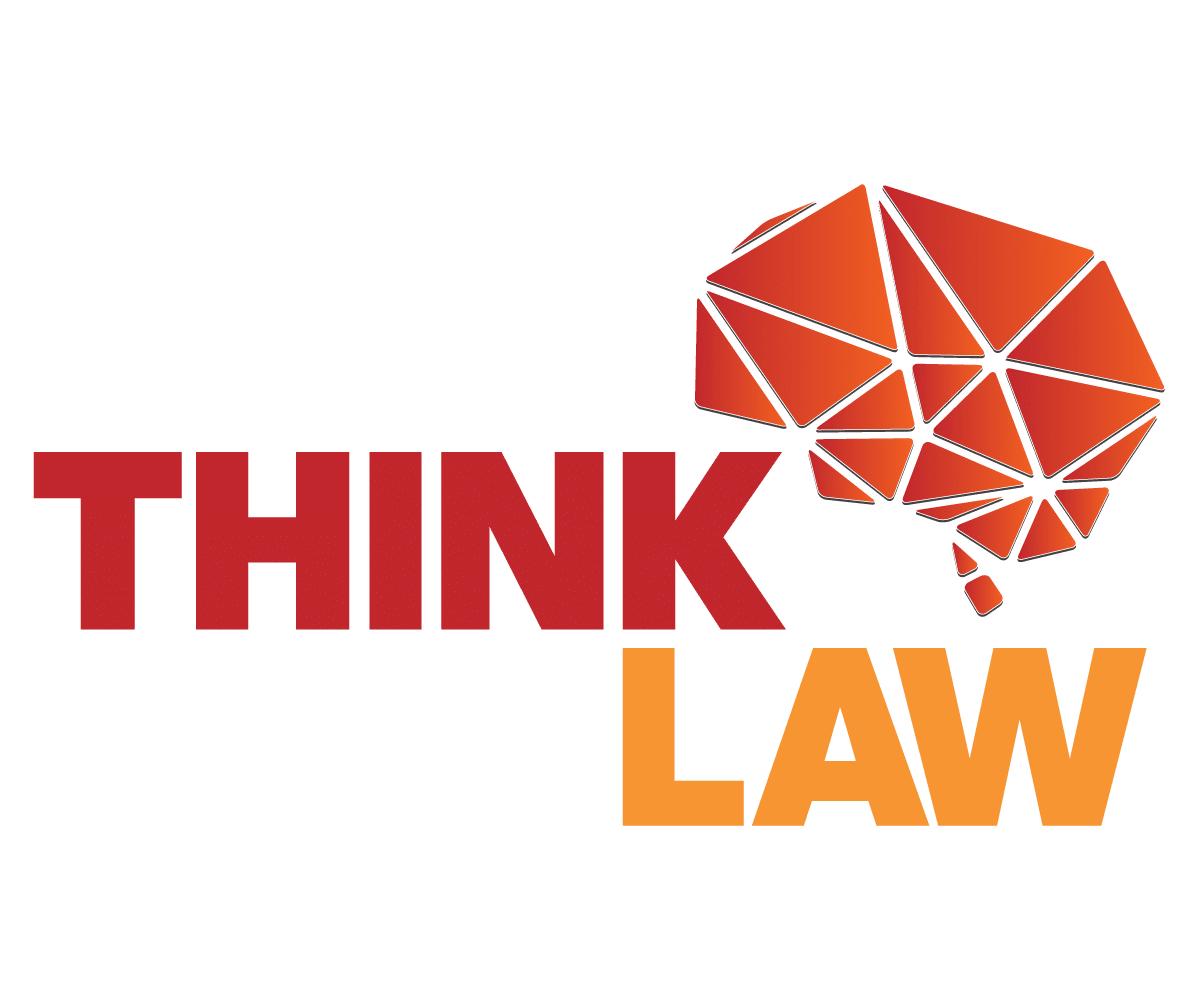

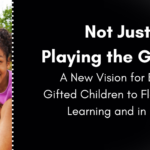
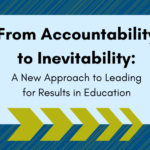

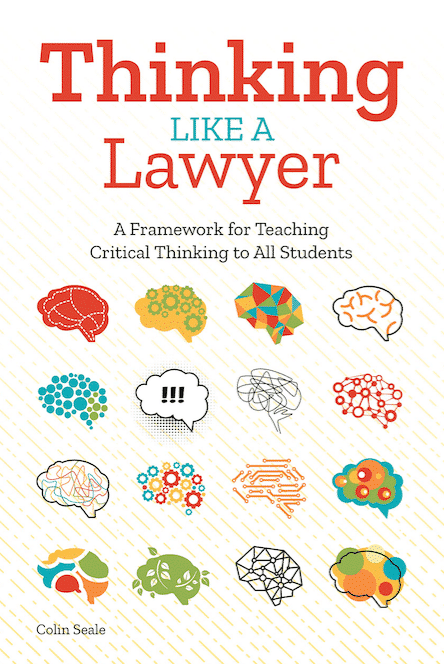
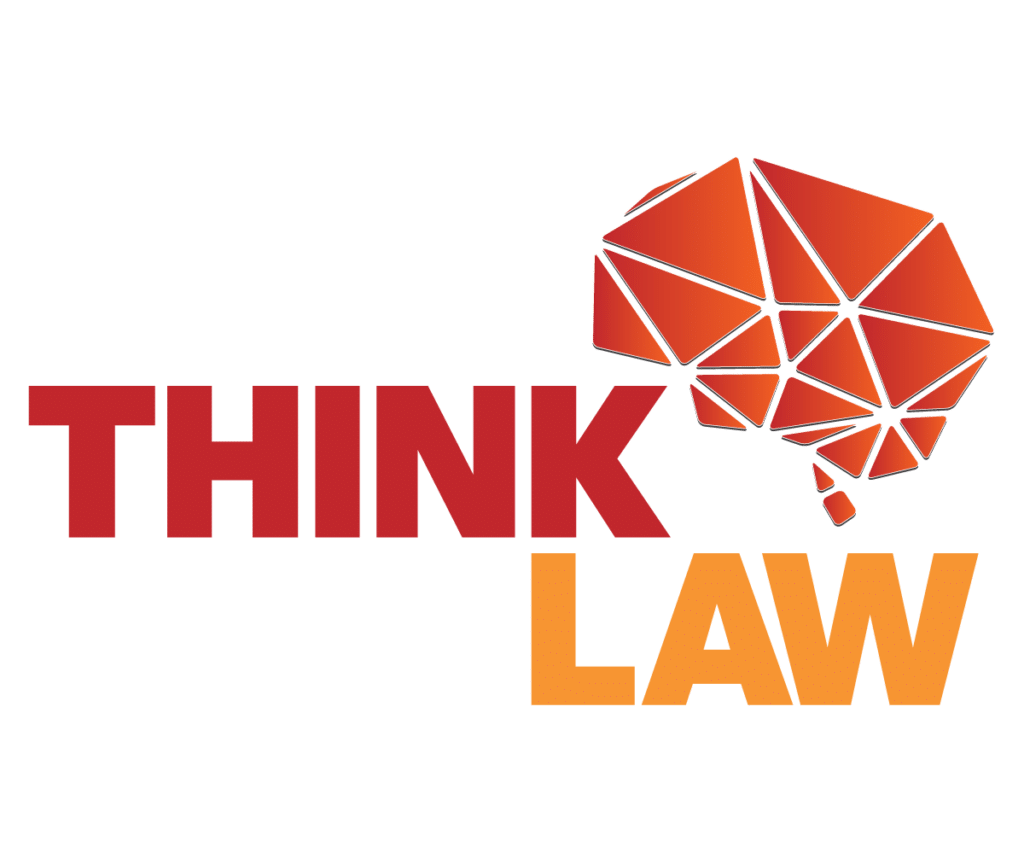
Leave a Reply